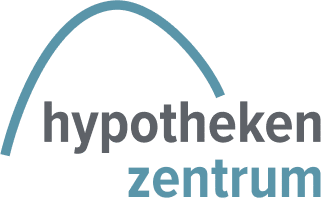The Stack Overflow Survey 2025 provides interesting insights into which programming languages are particularly in demand among developers. On this basis, we take a look at the technologies that will still play an important role in 2026.
1. Python
Why is it relevant? Python remains indispensable due to its versatility, simple syntax and broad support in AI, machine learning, data analysis and web development.
Areas of application: AI models, data science, automation, APIs, backend development.
soxes expertise: Individual software development with Python to optimize data analysis or process automation.
2. JavaScript / TypeScript
Why relevant? JavaScript is the backbone of the modern web. TypeScript (an extended variant of JavaScript) offers additional type safety and facilitates the development of large applications.
Areas of application: Frontend and backend development (e.g. with React, Vue.js, Node.js).
soxes expertise: Development of robust and scalable web applications that also meet complex requirements.
3. C#
Why is it relevant? C# remains up-to-date thanks to the .NET platform and is mainly used in the area of enterprise applications and for Windows-based systems.
Areas of application: Web and desktop applications and cloud services.
soxes expertise: Development of individual .NET solutions or modernization of existing applications with C#.
4. SQL (Structured Query Language)
Why is it relevant? Databases are at the heart of any software. SQL remains essential for accessing and managing relational databases.
Areas of application: Database management, analysis of large data sets.
soxes expertise: Optimization and administration of database systems as well as migration of existing data to modern solutions.


















































